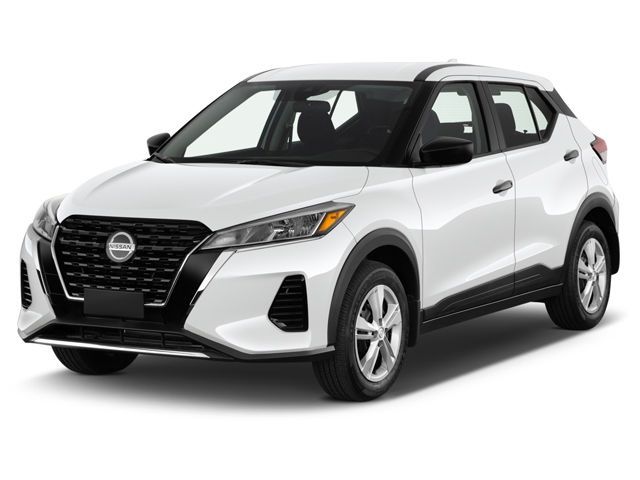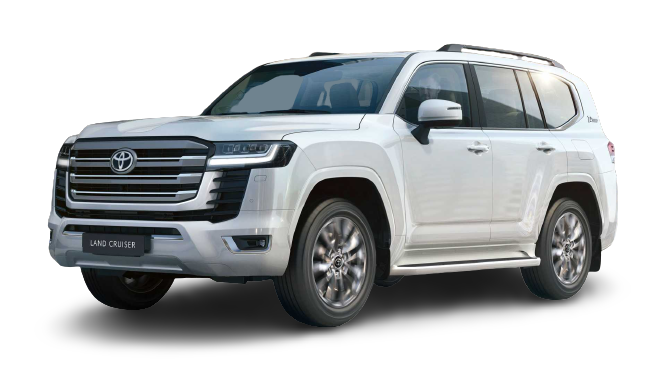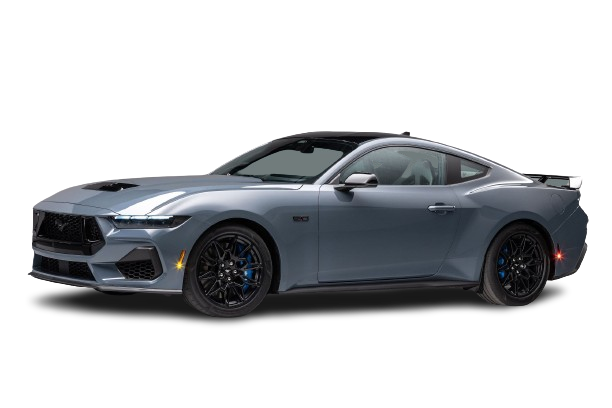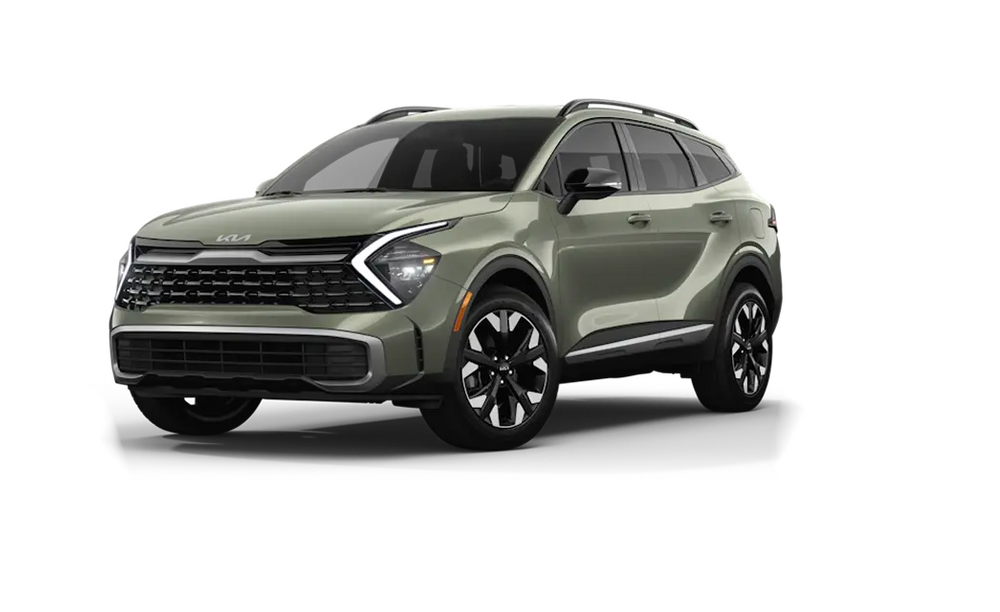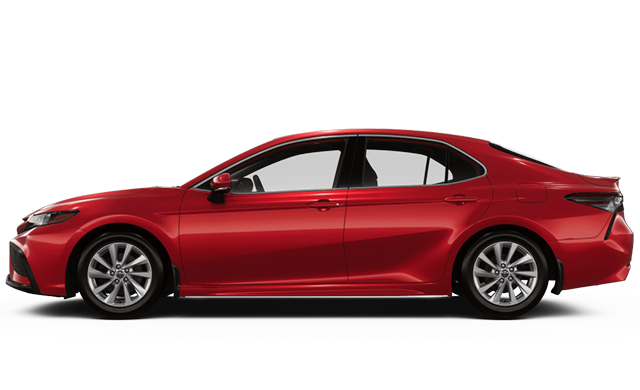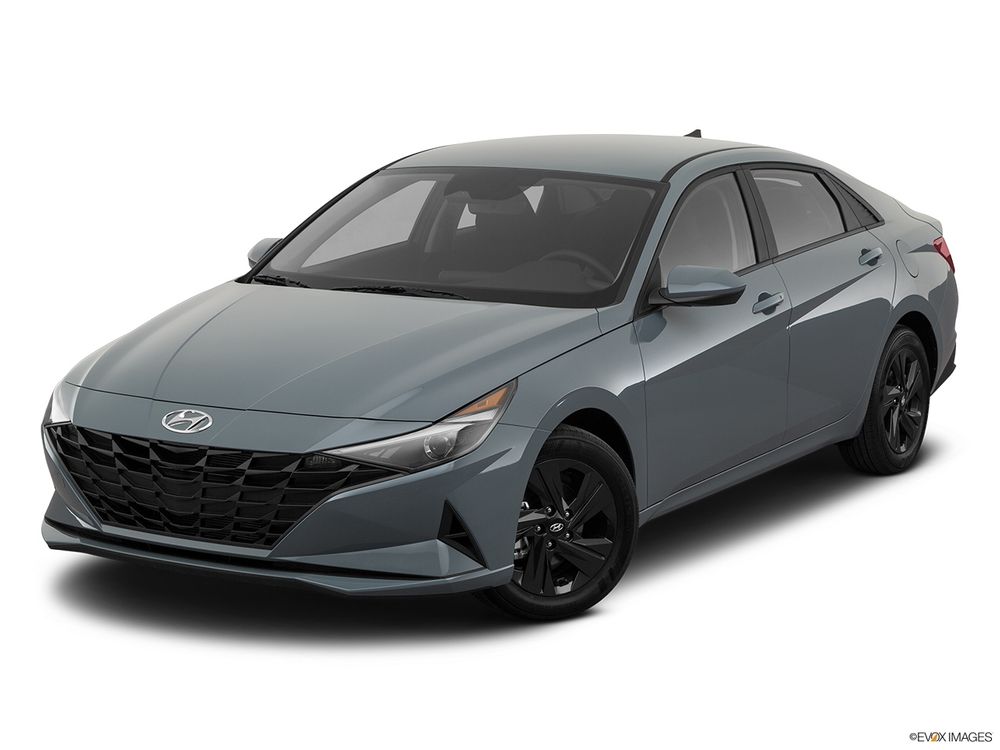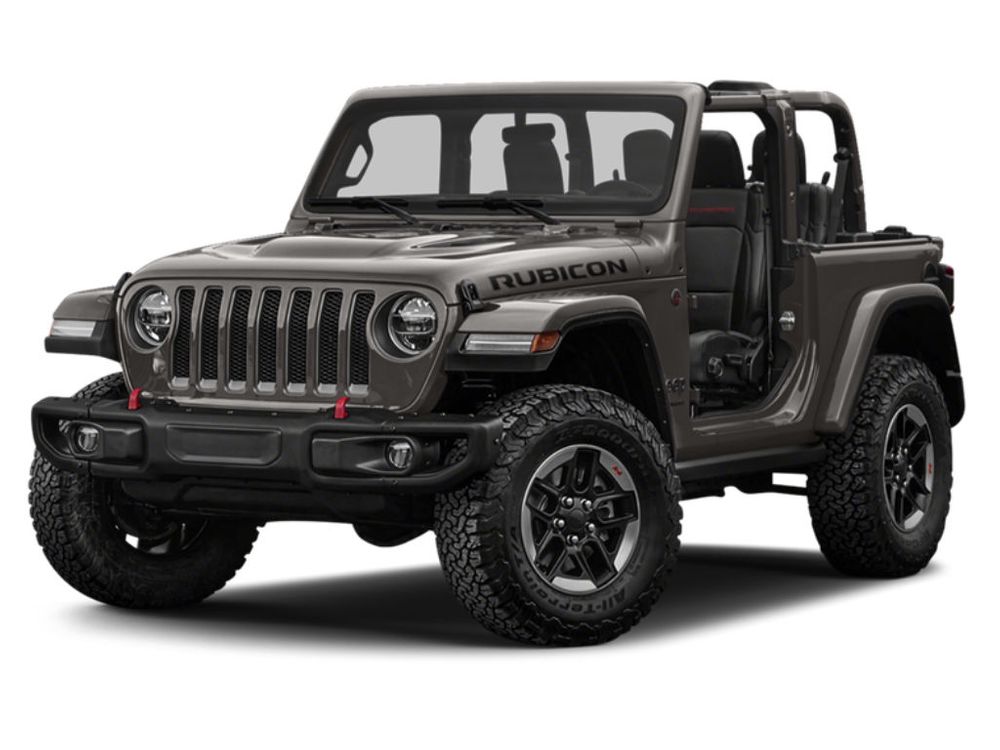Compact SUV vs. Premium SUV: A Comprehensive Comparison
Published On, Jun 14, 2024 | By YaaraCars Team
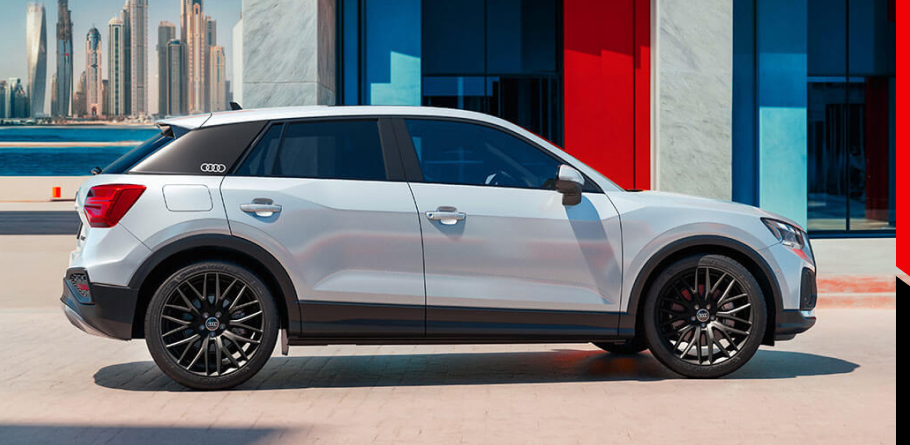
The SUV market has exploded in popularity over the past decade, offering a range of models that cater to various tastes, budgets, and needs. Two major categories have emerged within this segment: compact SUVs and premium SUVs. While both provide higher seating positions, practicality, and enhanced versatility compared to sedans, they serve different purposes and demographics. Choosing between a compact SUV and a premium SUV depends on a range of factors, including budget, driving preferences, technology features, and overall comfort. In this blog post, we will compare compact and premium SUVs in terms of price, performance, features, and more to help you decide which is the better fit for your lifestyle.
1. Price and Affordability
One of the most significant differences between compact SUVs and premium SUVs is price. Compact SUVs are generally more affordable and cater to buyers looking for practical, everyday vehicles without the need for high-end luxury or performance. Models like the Toyota RAV4, Honda CR-V, and Nissan X-Trail fall into this category. These are popular 50,000-60,000 AED cars, making them accessible to a broad market segment.
Premium SUVs, on the other hand, come with a higher price tag due to their enhanced performance, luxurious interiors, and advanced technology. Models like the BMW X5, Audi Q7, and Range Rover Velar are examples of premium SUVs, which are good cars below 1 million AED. This segment is targeted at buyers seeking not just a vehicle, but an experience—one that blends performance, comfort, and prestige.
2. Size and Space
Compact SUVs are designed for urban living, offering a perfect balance between practicality and convenience. While they provide more space than sedans, compact SUVs are smaller and easier to maneuver through tight city streets and parking spaces. Typically, compact SUVs have two rows of seats, providing comfortable accommodation for up to five passengers. Cargo space, though decent, is often more limited compared to larger SUVs, making compact models a great option for small families or couples who prioritize city driving but still need some extra room.
Premium SUVs, however, offer larger dimensions and often come with the option of three rows of seating, allowing them to accommodate up to seven or eight passengers. This additional space translates into a more spacious cabin, larger cargo capacity, and a more luxurious feel overall. For families who frequently travel long distances or need extra room for passengers or luggage, premium SUVs are a more suitable option.
3. Performance and Power
When it comes to performance, premium SUVs are typically more powerful than their compact counterparts. Premium SUVs are often equipped with more robust engines, such as turbocharged V6 or V8 engines, offering greater horsepower and torque. This results in better acceleration, towing capacity, and overall driving dynamics. Models like the Porsche Cayenne and Mercedes-Benz GLE offer impressive performance capabilities that rival some sports cars. The inclusion of adaptive suspension, dynamic all-wheel-drive systems, and advanced off-road features further enhance their driving performance.
Compact SUVs, while not as performance-focused, still offer competent engines. Most compact models come with 4-cylinder or smaller turbocharged engines that prioritize fuel efficiency over raw power. Compact SUVs such as the Mazda CX-5 or the Ford Escape still provide sufficient power for daily driving, but they lack the high-performance edge that premium SUVs offer. Compact SUVs are more suited to city commuting, light off-roading, and occasional road trips but fall short in towing or performance-intensive scenarios.
4. Luxury and Features
Premium SUVs are synonymous with luxury, offering top-of-the-line interiors, high-quality materials, and cutting-edge technology. These vehicles are designed with driver and passenger comfort in mind, featuring leather seats, ambient lighting, panoramic sunroofs, and even features like massaging seats in higher trims. In terms of technology, premium SUVs often come equipped with advanced infotainment systems, large digital displays, and superior sound systems like Bang & Olufsen or Bose. Safety features are also more advanced, with adaptive cruise control, lane-keeping assist, and 360-degree cameras often coming as standard.
On the other hand, compact SUVs offer practicality and simplicity. While they are still well-equipped for modern driving, the focus is more on functionality than opulence. You’ll still find features like touchscreens, smartphone integration (Apple CarPlay, Android Auto), and essential safety systems (blind-spot monitoring, automatic emergency braking) in most compact SUVs. However, they often lack the higher-end materials and features that give premium SUVs their luxury edge. While compact SUVs are great for everyday use, those looking for a more pampered driving experience may find themselves gravitating toward premium models.
5. Fuel Efficiency
Compact SUVs generally excel when it comes to fuel efficiency, as they are lighter and usually come with smaller, more efficient engines. Models like the Toyota RAV4 Hybrid and the Honda CR-V offer excellent gas mileage, often surpassing 30 miles per gallon (MPG). Compact SUVs are ideal for those who want the versatility of an SUV without sacrificing fuel economy, making them more cost-effective in the long run, especially for city dwellers or those who frequently take long drives.
Premium SUVs, with their larger engines and heavier build, often sacrifice fuel efficiency for performance and luxury. While many premium SUVs now offer hybrid or plug-in hybrid variants (such as the Volvo XC90 Recharge or BMW X5 xDrive45e), their overall fuel economy is still generally lower than that of compact SUVs. For drivers prioritizing fuel savings, compact SUVs remain the more attractive option.
6. Off-Road Capabilities
Both compact and premium SUVs are available with all-wheel or four-wheel drive options, but premium SUVs often offer more sophisticated off-road capabilities. Models like the Land Rover Discovery or Lexus GX are engineered for off-road performance, with features such as terrain response systems, air suspension, and differential locks that make them suitable for challenging environments like deserts, mountains, and snow-covered terrain.
Compact SUVs, while capable of handling some light off-roading, are not designed for extreme conditions. They are better suited for urban environments, light trail driving, and inclement weather. Models like the Subaru Forester or the Jeep Compass are exceptions, offering impressive off-road features for their class, but they still fall short of the capabilities found in premium SUVs.
7. Resale Value
When it comes to resale value, premium SUVs tend to depreciate faster due to their higher price tag and more rapid obsolescence in terms of luxury and technology features. However, brands like Lexus and Mercedes-Benz generally hold their value better than others in the premium SUV category.
Compact SUVs tend to depreciate more slowly and hold their value well, thanks to their affordable price point and widespread appeal. Brands like Toyota and Honda have established a reputation for strong resale values, making their compact SUVs a reliable investment.
Conclusion: Which One Should You Choose?
The best 45,000 ED – 1.5 million AED cars to buy have been mentioned above. Ultimately, the decision between a compact SUV and a premium SUV depends on your budget, lifestyle, and driving preferences. If you are looking for an affordable, fuel-efficient, and practical vehicle for daily commuting and light weekend adventures, a compact SUV is the perfect choice. However, if you prioritize luxury, performance, advanced technology, and space for larger families or more challenging terrain, a premium SUV will better suit your needs. Both categories have their advantages, and understanding your requirements will help you make the best decision.


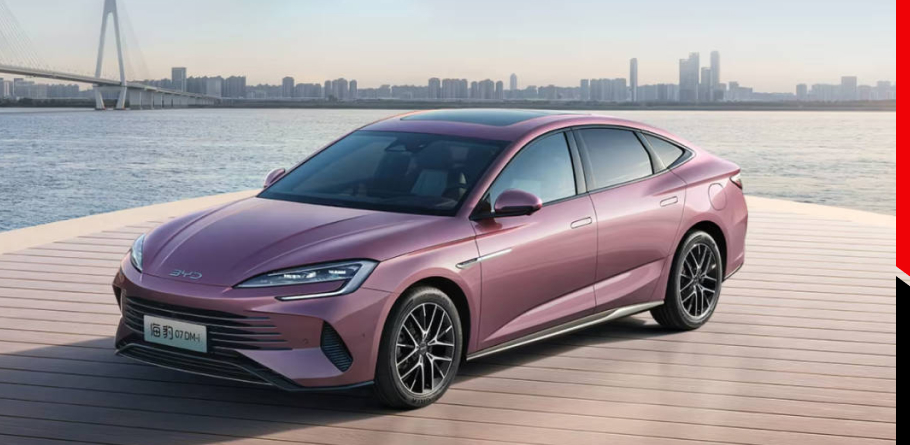
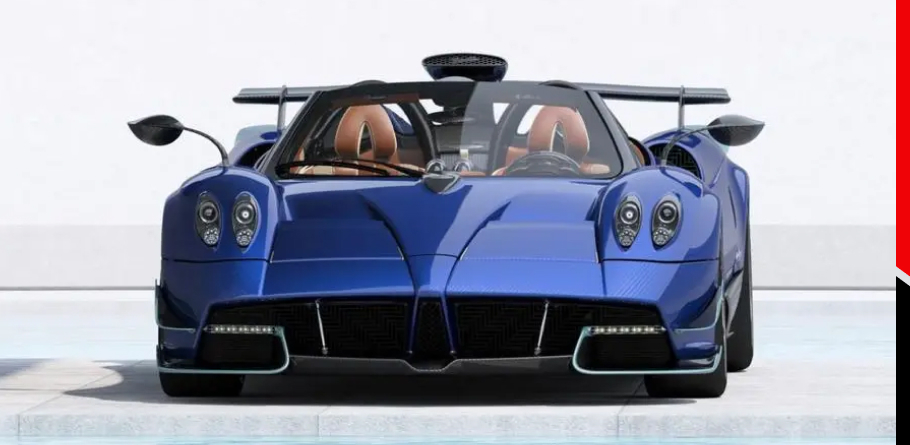
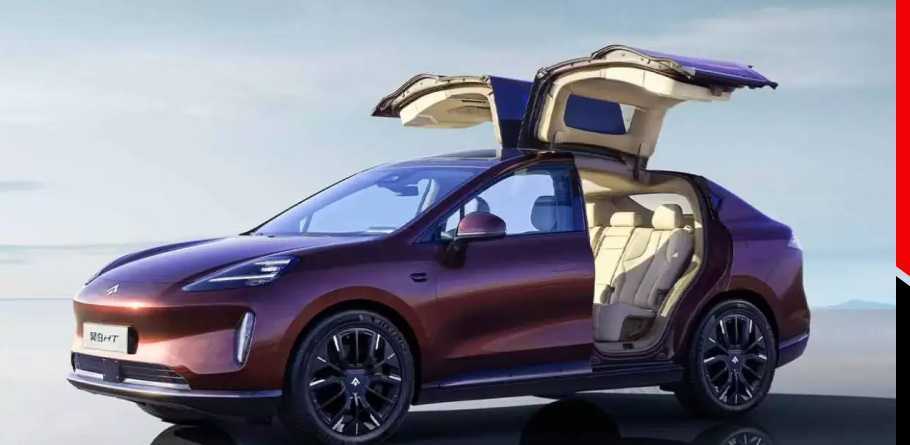
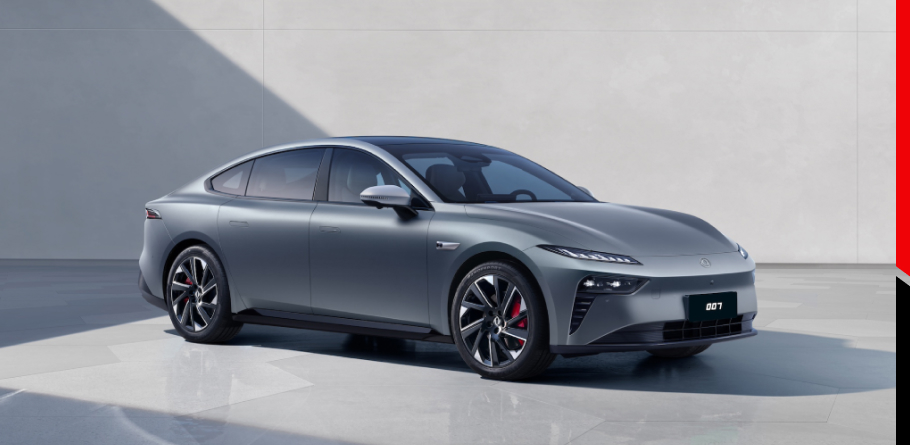

.jpg)
